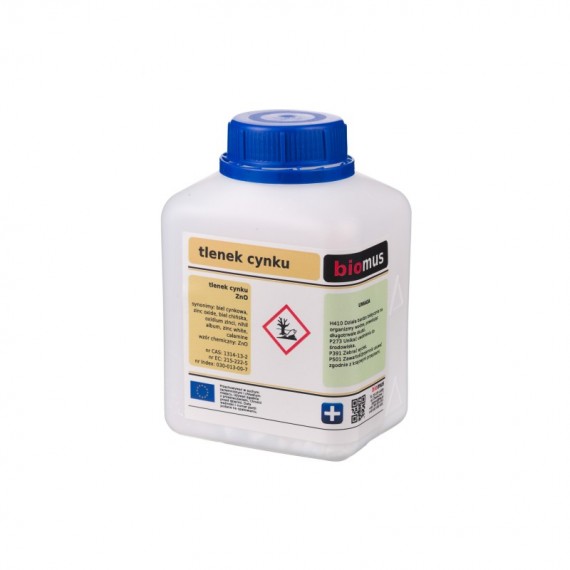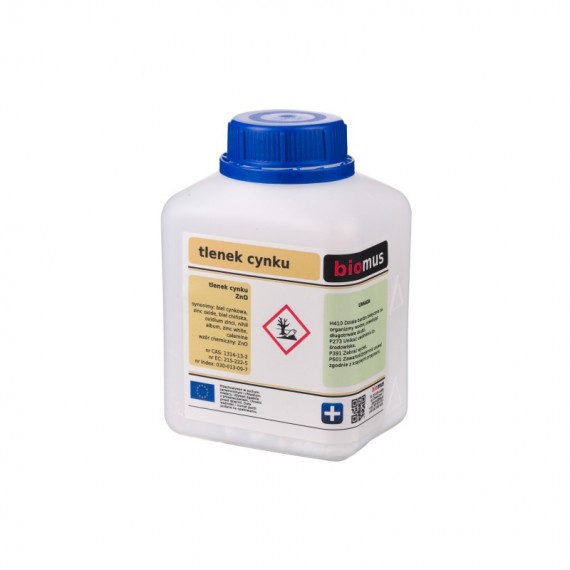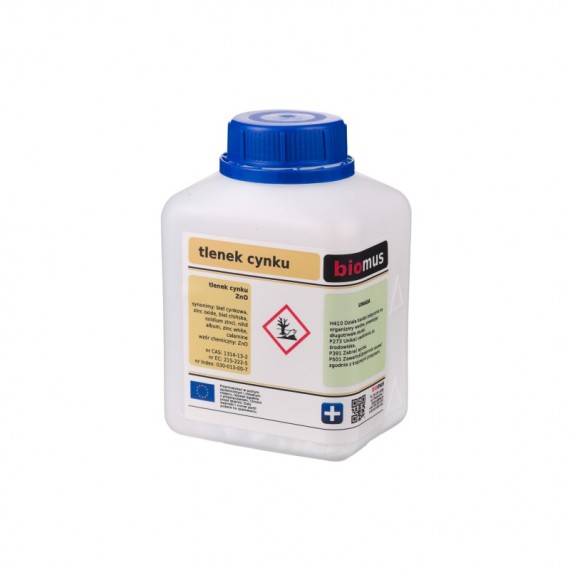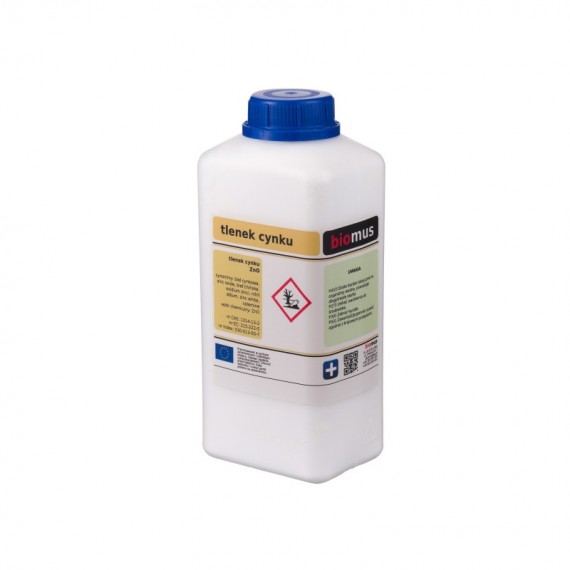Zinc oxide. Zinc white
Zinc oxide
Name: zinc oxide
Synonyms: Zincum oxydatum, zinc white, Chinese white, zinc oxide
Genre: Clean
Purity: Pure, unadjusted min 99.7%
Chemical formula: ZnO
What is zinc oxide?
Zinc oxide - a chemical compound from the group of oxides, a combination of oxygen and zinc on the second oxidation stage. Used, among others as a pigment for paints.
It is used as an additive to paints and varnishes, in cosmetics and ceramics and as a filler and stabilizer of rubber, rubber and plastics, for the production of insulating masses, backfill materials, and wood impregnation agents.
Originally, as a pigment, it was introduced in 1779, from 1834 as "Chinese white" used in gouache, in oil paints.
Powdered zinc white is commonly used (in addition to other powders, such as graphite, English soot, argentorate, and cloth) in forensic science, in the fingerprint test using the mechanical method.
Zinc oxide has a slight antibacterial effect, used as an ingredient in ointments and powders used on the skin.
Zinc oxide is used in dentistry for temporary fillings.
It is an odorless, white powder with a delicate texture. It does not dissolve in water or fats, it only creates dispersions.
Zinc oxide has bleaching, matting and covering properties, thanks to which it is used in the production of powders and dusting powders.
Also used in natural and ecological preparations for protection against UV radiation.
The advantage of zinc oxide is the ability to block almost the entire spectrum of UV radiation, therefore preparations containing zinc oxide are especially recommended for children and people with sensitive skin, in whom the use of chemical filters can cause irritation.
The only disadvantage of zinc oxide is the need to use it in high concentrations, which can slightly brighten the complexion. Despite this, it is a safe and very effective compound.















